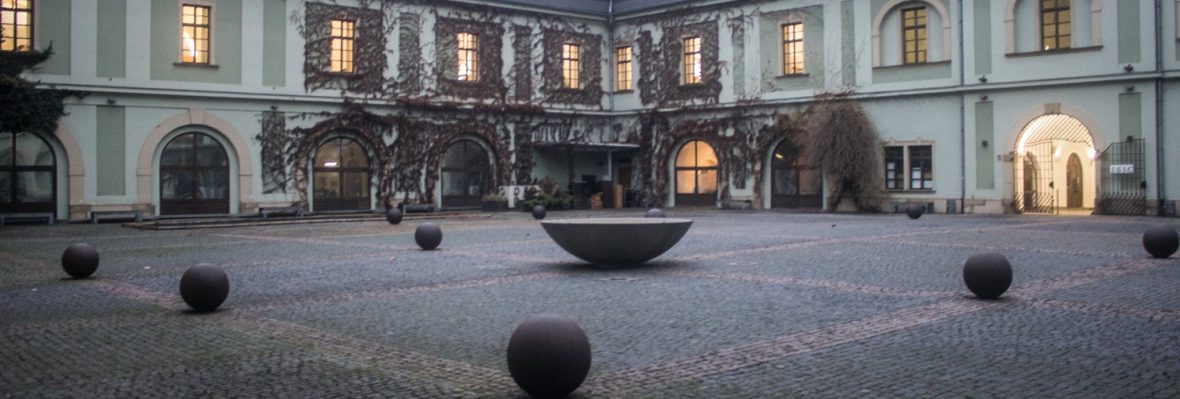This past week an open blog conversation has been taking place concerning the sub-culture of the so-called “post-partisan” evangelical Christians. The first post was by David French, a conservative political activist, who outlined his journey from reactionary idealist to conservative pragmatist. In so doing he also gave his two cents worth to a general group of young evangelical idealists, who specifically included Jonathan Merritt. The following statement sums up French’s challenge to these young evangelicals:
“So, “post-partisan” Christians, please ponder this: First, as the price for your new path, are you willing to forego any effective voice at all for unborn children? Are you willing to keep silent when the secular world demands your silence? After all, that is the true price of non-partisanship — silence.” http://www.patheos.com/blogs/frenchrevolution/2012/05/23/an-open-letter-to-young-post-partisan-evangelicals/
After reading French’s post, Merritt responded with a post accusing French of using faulty logic and posing false choices:
“I have worked on a number of political issues—from caring for creation, to protecting the poor, to promoting peace—without apology. But I believe that Christians can be good citizens without enlisting ourselves in a war drummed up by politicians and lobbyist and advocacy groups. We can hold passionate positions without adopting the sour tone and nasty tactics that reflect the values of Washington rather than the Kingdom of God. There’s nothing redemptive in Christian leaders and pastors advocating for their values by resorting to name-calling, angry rhetoric, and ruthless marginalization tactics. This is the legacy of the culture wars.” http://jonathanmerritt.com/blogs/news/faultylogicandfalsechoicesaresponsetodavidfrench.html
I don’t personally know David French, but Jonathan Merritt and I went to grad school together and I have had some brief exchanges with him. Although I do not agree with all that Mr. French stands for or promotes, I agree with his general assessment of those who might be categorized as “fed-up idealists.” It appears as if Merritt is suggesting that communicating about, garnering support for, and voting on important moral issues is simply “a war drummed up by politicians and lobbyist and advocacy groups.” I say it appears because it is not exactly clear where Merritt’s line of acceptable engagement with politics begins and ends. In America we supposedly have a representative government and thus politicians are to speak for the people in their constituency on issues. Lobbyists, in theory, exist to apply pressure on politicians to act on issues important to somebody. Advocacy groups exist to essentially do the same thing as lobbyists, albeit with a little less suspicion involved as to their motives. I realize that the above institutions and roles are all broken, and in my understanding of reality there is nothing anyone can do to completely fix them. Could these institutions better reflect the will of God? I believe so, but then again that doesn’t seem to be the issue on trial in this conversation.
Merritt states that he has “worked on a number of political issues—from caring for creation, to protecting the poor, to promoting peace—without apology.” Why? Why did he find those issues worthy to participate in on a political level if he did not find justification in a faith of his own? If he does pull justification from his faith to interact with those issues on a political level then how does he differentiate himself from those “culture warriors” that he confidently speaks against? Will he continue to work, politically speaking, on issues of immigration, environment, and human trafficking while denigrating those that work on the issues of homosexuality and abortion? While he accuses French of using faulty logic and presenting false choices he continues to do the exact same thing. To suggest that his blogging efforts and morning show tours is not somehow a form of advocacy and lobbying is confusing at best. Just because he wrote a book that states that we should care more about the Gospel does not mean that he is not somehow engaged in a culture war. He might have different terms of engagement and different goals, but he is still engaged in the same sort of war that he accuses others of engaging in. And maybe that is ultimately what Jonathan is getting at. Maybe he is simply suggesting that he does not like the way some people are carrying out their culture war as opposed to how he thinks it should be carried out. However, I would suggest that if he were to carry his foundational convictions to a logical end that he would need to go live with an Anabaptist community that seeks to avoid engaging with popular political and sociological mediums that do not strictly communicate the simple Gospel message. I don’t think that is what Jonathan has in mind, and that is where his conflicted position lies. I believe that what many “post-partisan” evangelical Christians are saying to the world at large is, “our hill on which to die is closer to you than theirs!” Accept for the fact that many of them no longer openly admit that they will die on those hills at all. I believe that many of them would, if push came to shove, but they have decided that stating any Christian belief that might “marginalize” a non-Christian is to be muffled and kept in private. If, however, they respond, “we do not have a hill on which to die at all,” then I would suggest that they have bought into the lie of what Oliver O’Donovan calls “historicism.” In fact, this is what I believe is happening. Younger Christians are buying into a worldview that says that Christ has redeemed human history through his incarnation and therefore human social progress will eventually culminate in worldwide peace (their version of the reign of Christ). I don’t think that every young evangelical has bought into this ideology lock, stock, and barrel, but they are naively buying into ideas that are inherently connected to historicism and are in danger of eventually walking through that door without more careful self-examination.
I don’t claim that Republicans are immune from the ideology of historicism any more than I believe that Democrats are immune from utilitarian arguments for the use of violence. It is at this point that I agree whole heartedly with my brother Jonathan. Christians are ultimately bound by a relationship that asks allegiance above every other relationship. God has made many allowances for our involvement in other relationships with the understanding that we conduct ourselves within those relationships in a manner that represents Him. Therefore, I also agree with Jonathan when he says that, “we can hold passionate positions without adopting the sour tone and nasty tactics that reflect the values of Washington rather than the Kingdom of God. There’s nothing redemptive in Christian leaders and pastors advocating for their values by resorting to name-calling, angry rhetoric, and ruthless marginalization tactics.” I might call into question what his understanding of “ruthless marginalization tactics” is, but overall I agree with him that these qualities stated above are unbecoming of Christians. My only concern of his rebuke of ungodly attitudes found within certain Christians who are active within socio-political initiatives is that it seems that he is being….well…partisan. It seems as though Jonathan is using the term “culture war” like a pejorative tag that he places on all rhetoric that doesn’t fit his idea of what the Christian witness in the culture should look like, while in turn applauding the “socially just” rhetoric of those Christians who steer away from the particular topics and attitudes that he sees as volatile.
I don’t know Jonathan that well at all, but I think I would be friends with him. It sounds like we have a lot in common and that we both want God’s will to be done over and against any initiative put forth by fallen humanity that might detract from the work of the Kingdom. I haven’t read Jonathan’s book, but I plan on reading it soon and I ‘m pretty sure that I will be encouraged by it. I don’t think that Mr. French would disagree with me. I think that ultimately all Mr. French is saying is that this disenchanted feeling felt by young evangelicals towards fallen social structures that many Christians interact with is nothing new and will not be fixed by those who see the flaws inherent in the system. It is precisely when this disenchanted feeling is no longer present that we all need to reexamine what we are hoping for and in whom we are placing our faith. This is an indictment against those Christians who sell their hopes to both the political left and the political right.
Denny Burk also makes some relevant observations of this conversation between Merritt and French on his blog: http://www.dennyburk.com/entering-the-fray-with-merritt-and-french/

